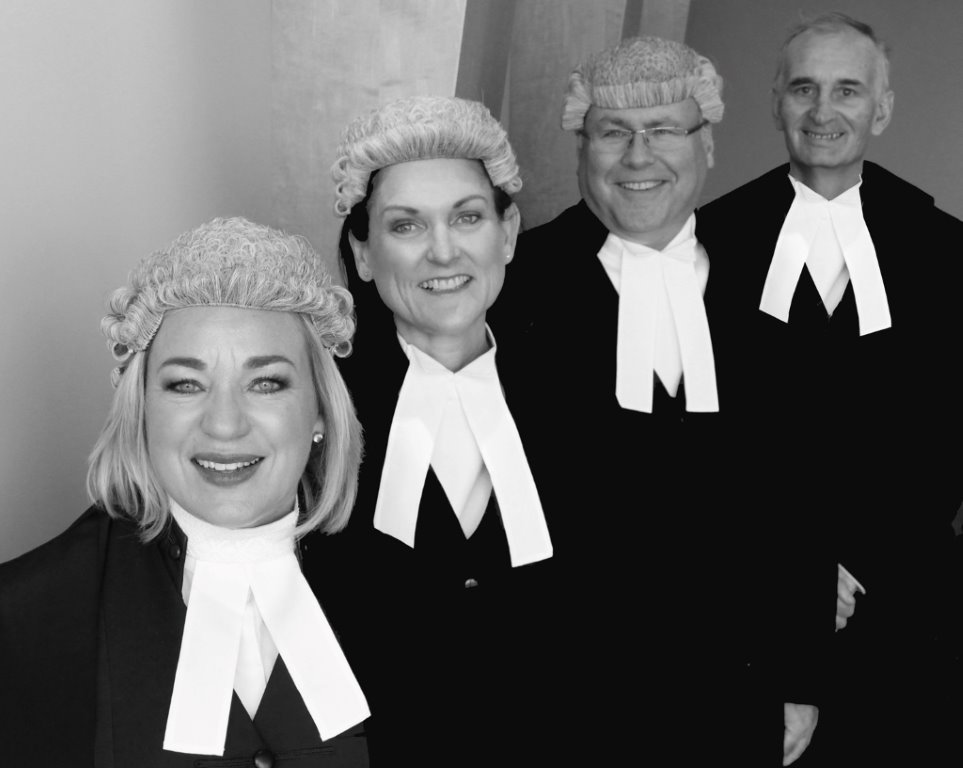
This page outlines:
- The appointment process. more
- Qualifications for King's Counsel rank. more
- Applying for appointment as King's Counsel. more
Guidelines for the appointment of King's Counsel are issued by the Attorney-General and Chief Justice pursuant to regulation 5 of the Lawyers and Conveyancers Act (Lawyers: Queen’s Counsel) Regulations 2012. The application form is available on Crown Law's website.
The appointments are made by the Governor-General, by Letters Patent, under the Royal prerogative.
The New Zealand Bar Association | Ngā Ahorangi Motuhake o te Ture President consults with a panel of senior practitioners from around the country in terms of candidates applying for Silk, as well as with the New Zealand Law Society. The Solicitor-General then consults the New Zealand Law Society and the New Zealand Bar Association | Ngā Ahorangi Motuhake o te Ture and conveys the views of both organisations to the Chief Justice and Attorney-General. The Attorney-General and Chief Justice then discuss the candidates. Following such discussion and consultation, the Attorney then recommends appointment to the Governor-General. The Attorney then contacts the successful applicants individually and makes the formal announcement.
Qualifications for King's Counsel rank
Candidates must:
- be barristers sole;
- continue to practise independently, as barristers sole;
- demonstrate the overarching requirement of excellence, showing length and depth of experience;
- have expert, up-to-date, legal knowledge;
- show superior skill in oral and/or written persuasive argument;
- be able to demonstrate independence in their commitment to their client's interests;
- show integrity and honesty in dealings with clients, colleagues and the judiciary;
- show leadership in setting and maintaining the profession's standards.
Applying for appointment as King's Counsel
Candidates must apply in writing, sending a letter and a completed application form to the Solicitor-General before the notified deadline. In the application form, the candidates should:
- outline their professional details, career history and any publications;
- outline the candidate's current practice, including any areas of specialism and an overview of the main types of matters they have been involved in over the past five years;
- identify up to ten matters you consider most significant in the past three years. Ordinarily, these would be substantive trials or appeals. A major or significant matter may have the following features: referred to by the Judge as important, complex, significant or similar term; is a test case or set a precedent; has been reported or has been the subject of academic comment; a serious fraud or criminal case; a complex commercial or civil case (including family law cases)
- proved an assessment as to how the candidate meets the criteria (there is a limit of 450 words per criterion);
- disclose any other details that may affect appointment;
- give consent for the New Zealand Law Society to provide information about any complaints that have been made relating to the candidate, the outcome of the complaints and any disciplinary proceedings and whether there are any outstanding complaints.
Candidates may provide the names of referees but are not required to do so. Members of the judiciary are not to be named as referees.
The Governor-General has a discretion to appoint as King's Counsel other lawyers in recognition of their extraordinary contributions to the field of law. Appointments can be drawn from other spheres including academia and public service. This category does not require an application or nomination to be made.



